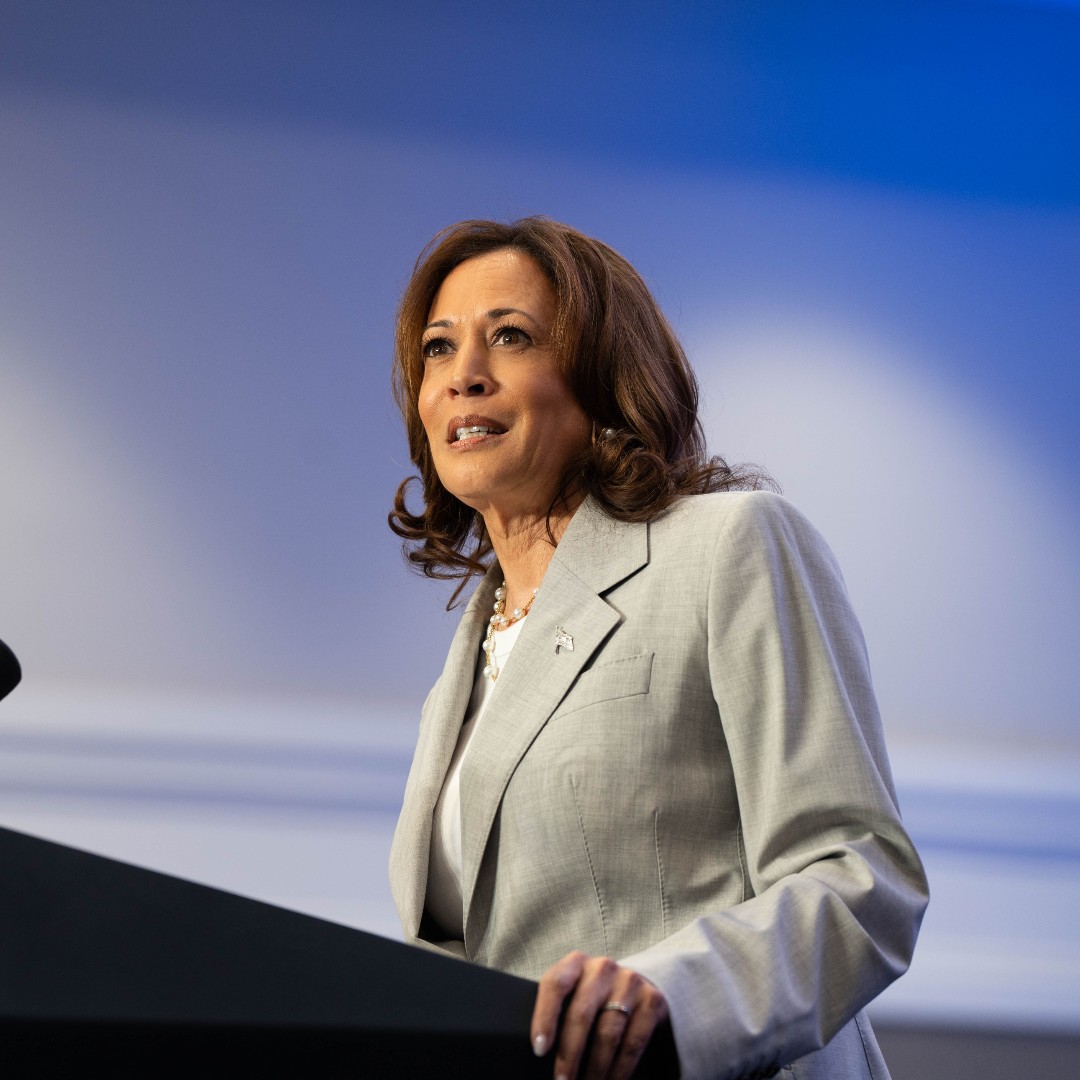By Meredith Ralston, Mount Saint Vincent University, The Conversation
United States Vice President Kamala Harris is making a bid for the Oval Office, replacing President Joe Biden to square off against Republican Donald Trump. She may become the first woman and second racialized person to become U.S. president.
It won’t be an easy road. Hopefully Harris possesses, in the words conveyed to me by the late New Democratic Party leader Alexa McDonough, the “skin of a rhinoceros” to withstand the deluge of negative attack ads and abuse she’s going to face and is already confronting.
The gloves, in fact, are off, with Harris being subjected to both sexism and racism. She has been called a DEI (diversity, equity and inclusion) candidate, the implication being she’s unqualified to be president. There have also been insinuations that she has “slept her way to the top,” a classic way to undermine the accomplishments of successful women.
In 2021, JD Vance, now Trump’s running mate, criticized her and several other prominent Democrats as being “childless cat ladies” with no stake in the future of the country. Harris does, in fact, have stepchildren, but more importantly, the idea that childless people are less than those with children goes to the heart of Republican policy and lies behind the drive to eliminate abortion rights for women.
Unfortunately, these kinds of attacks don’t surprise me.
Modern-day scourge of online abuse
I wrote and directed two films on women and politics for the National Film Board of Canada in the late 1990s: Why Women Run, which examined the barriers to women in politics experienced by McDonough and then-Liberal MP Mary Clancy during the 1997 federal election campaign; and Wendy Lill: Playwright in Parliament, which followed Lill’s first year as a rookie MP.
Looking at the films two decades later, it was clearly a more innocent time. The big conflict, other than the official debate, was the issue of one party defacing the other party’s signs.
Today’s candidates and women politicians face far more scrutiny, harassment and threats. Women politicians routinely get death and rape threats; cabinet ministers, like former Environment Minister Catherine McKenna, have had to have security details because of all the online and constituency office harassment at a time when only the prime minister or leaders of the federal parties get security.
When she was NDP leader, McDonough had an RCMP security detail during the 1997 campaign but it wasn’t an ongoing presence, nor was it expected after the election was over. Today is a different world.
There is overwhelming evidence that women are targeted based on their gender, both globally and closer to home. Hillary Clinton faced threats and was the subject of unhinged conspiracy theories. British MP Jo Cox was murdered by a far-right adherent in 2016. In Canada, Cape Breton Regional Municipality Mayor Amanda McDougall faced threats while she was pregnant.
These women have suffered from continuing double standards and double binds.
Why are women politicians lightning rods for misogyny and hate? Why do women still — and with good reason — hesitate to run for office? Since the advent of social media and, in particular, Trump’s election in 2016, misogyny and online hate have increased at a disturbing rate.
High-profile resignations
The rise of social media and cyber-bullying have impacted women in the public realm in general, and many scholars believe it’s an attempt to silence women and keep them out of power. The resignations of Angela Simmonds, the first Black woman to run for the Liberal leadership race in Nova Scotia and former New Zealand prime minister Jacinda Ardern, among other woman politicians who have left public office, shocked their jurisdictions. But their decisions to step down should not be surprising.
While many positive changes have happened for women in politics over the past 20 years — including, for instance, more women in federal politics — many aspects of a politician’s life are worse than before because of social media, cyber-bullying and political polarization.
But it’s worse for women. The level of abuse directed at women is not the same, qualitatively or quantitatively, as that of the abuse of male politicians. As disliked as Prime Minister Justin Trudeau might be in some quarters, he is not threatened with sexualized violence or attacks on his children.
Harris’s momentum
A flourishing democracy needs representation from all demographics.
While it won’t be easy for Harris to win in November, and anything could happen over the next four months, she has momentum in terms of record-breaking fundraising and widespread support from many Democrats and Independents. Most importantly, she’s appealing to citizens who said they weren’t going to vote if it was a choice between Biden and Trump — and are now indicating they’ll cast their ballots for Harris.
Republican leaders seem to recognize this threat from young voters, racialized people and women, and have called on their supporters to refrain from overt sexism or racism due to the risk of a backlash.
As someone quipped on social media about Vance’s old cat-lady remarks, those childless cat ladies might just have their claws out.
![]()
Meredith Ralston, Professor of Women’s Studies and Political Studies, Mount Saint Vincent University
This article is republished from The Conversation under a Creative Commons license. Read the original article.






















